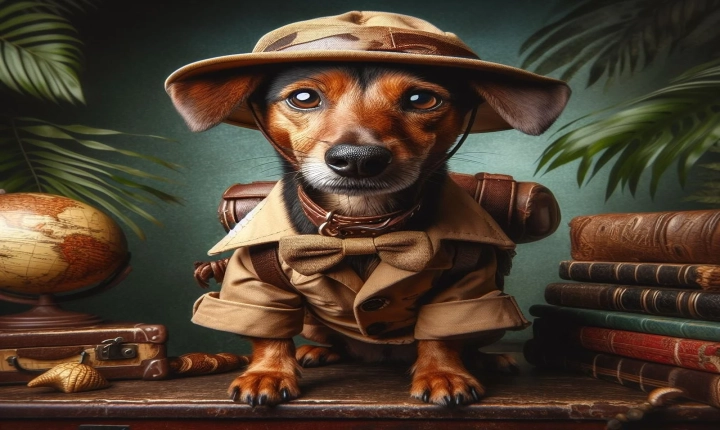Title: Can AI Art Make Hentai?
As technology continues to advance, the art world has seen a notable shift toward using artificial intelligence (AI) as a tool for creating original and fascinating artwork. This has led to many discussions about the possibilities and limitations of AI art, including whether AI can be used to produce mature or explicit content such as hentai.
Hentai, a genre of anime and manga characterized by explicit, sexually explicit content, has gained popularity among a certain audience. It raises the question of whether AI can be used to create hentai art and what ethical and legal implications it may bring. While the topic may be controversial, it’s important to explore the potential impact of AI-generated hentai art.
One of the primary concerns in creating AI-generated hentai art is the ethical and moral considerations surrounding explicit content. The boundary between art and exploitation is complex, and it raises questions about consent, objectification, and the depiction of sensitive themes. AI-generated hentai art could potentially raise these ethical concerns to a new level, especially if the AI is not effectively monitored or regulated.
Additionally, using AI to produce hentai art raises legal concerns regarding copyright and intellectual property. If an AI system is trained on existing hentai images, it could potentially reproduce copyrighted material without proper authorization. This could lead to legal challenges and disputes, particularly if the AI-generated artwork is used commercially.
From a technical standpoint, AI can certainly be programmed to create visually explicit content. Generative Adversarial Networks (GANs) and other machine learning algorithms can be trained on large datasets of hentai images to generate new and original artwork. However, concerns about the ethical and legal implications remain paramount, and there is a need for responsible use and oversight when employing AI in creating hentai art.
On the other hand, some argue that AI art should not be limited by moral or ethical concerns and that it represents a form of creative expression. Proponents of AI-generated hentai art may argue that it allows for exploration of human desires and fantasies in a way that traditional art cannot. They may also argue that AI-generated art can be used for private consumption without commercial intent, avoiding some of the legal issues.
The intersection of AI and hentai art raises complex and multifaceted questions that touch on issues of ethics, creativity, and legality. As the technology continues to evolve, it is crucial for policymakers, artists, and society at large to engage in thoughtful and nuanced discussions about the potential implications of AI-generated hentai art.
In conclusion, while AI has the potential to create hentai art, the ethical and legal implications of such content cannot be overlooked. As with any form of art, responsible and thoughtful use of AI is essential to ensure that it aligns with ethical standards and legal requirements. The ongoing dialogue on this topic is necessary to navigate the challenges and opportunities presented by AI-generated hentai art.
